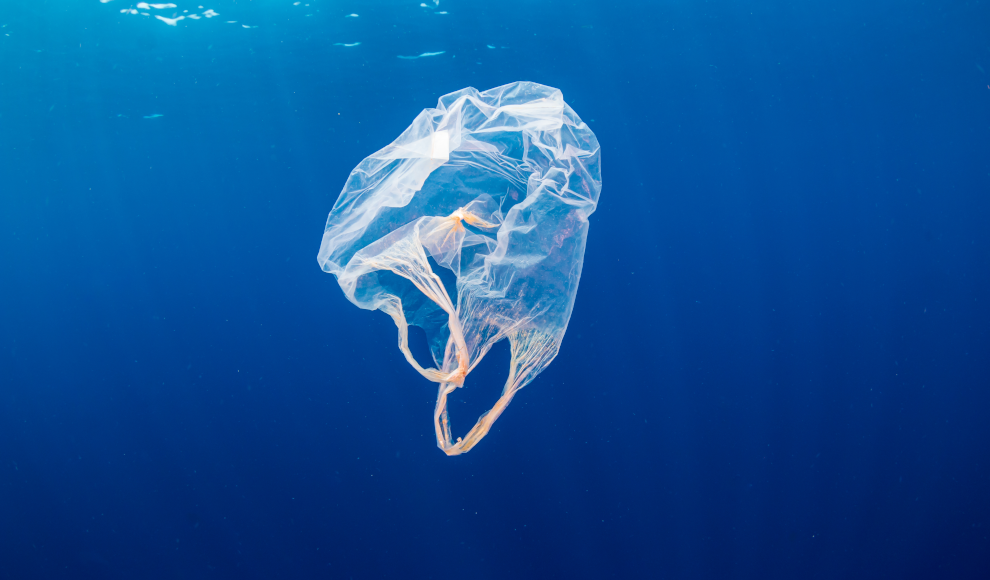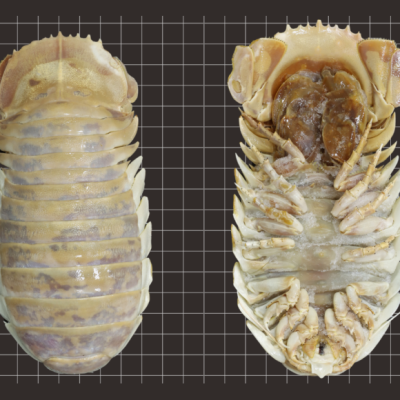The popular bioplastic, Polylactic Acid (PLA), is not biodegradable in the ocean, despite being labeled as such. Plastic waste in the oceans is a significant ecological problem that affects marine life, even in the deep sea. Plastic objects, such as discarded water bottles, can persist in their original form for decades, and even when they break down into microplastics, they remain as non-digestible pollutants. The Ocean Cleanup initiative aims to remove plastic waste from the oceans and has already removed the first 100,000 tons of plastic. Scientists are also working on alternatives to conventional oil-based plastics, such as bioplastics that are compostable and quickly biodegradable in the environment. One of the most popular substitutes is PLA, a polymer made from lactic acid derived from sugar and starch.
Researchers from the Scripps Institution of Oceanography at the University of California, San Diego (UCSD) have investigated whether PLA biodegrades in the ocean. According to their publication in the journal PLOS ONE, the researchers, led by Sarah-Jeanne Royer, lowered samples of oil-based materials, cellulose-based materials, and a mixture of cellulose-based and oil-based materials into cages in the coastal waters off La Jolla. The samples were examined weekly for signs of decomposition and returned to the ocean after a few hours. The researchers found that the cellulose-based material decomposed quickly in less than a month, mostly through biological processes rather than simple mechanical wear and tear. In contrast, neither the oil-based plastic, the mixture, nor the PLA showed any signs of decomposition during the 14-month experiment.
The results of the study suggest that compostability does not equate to environmental degradation. The labeling of compostable plastics as biodegradable plastics is misleading, as it can give the impression of a material that breaks down in the environment. PLA-based plastics must be composted in controlled facilities to realize their potential as compostable substitutes for oil-based plastics. The study highlights the need for more research into the biodegradability of bioplastics in different environments and the importance of proper disposal methods to prevent further harm to the environment.










